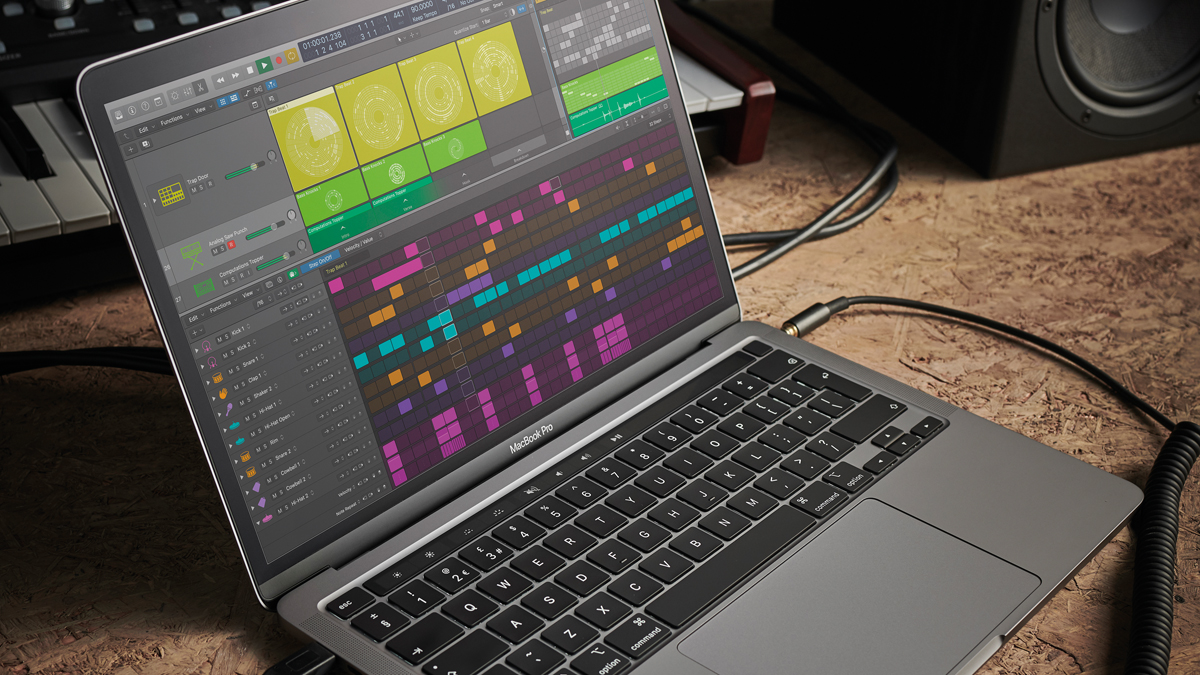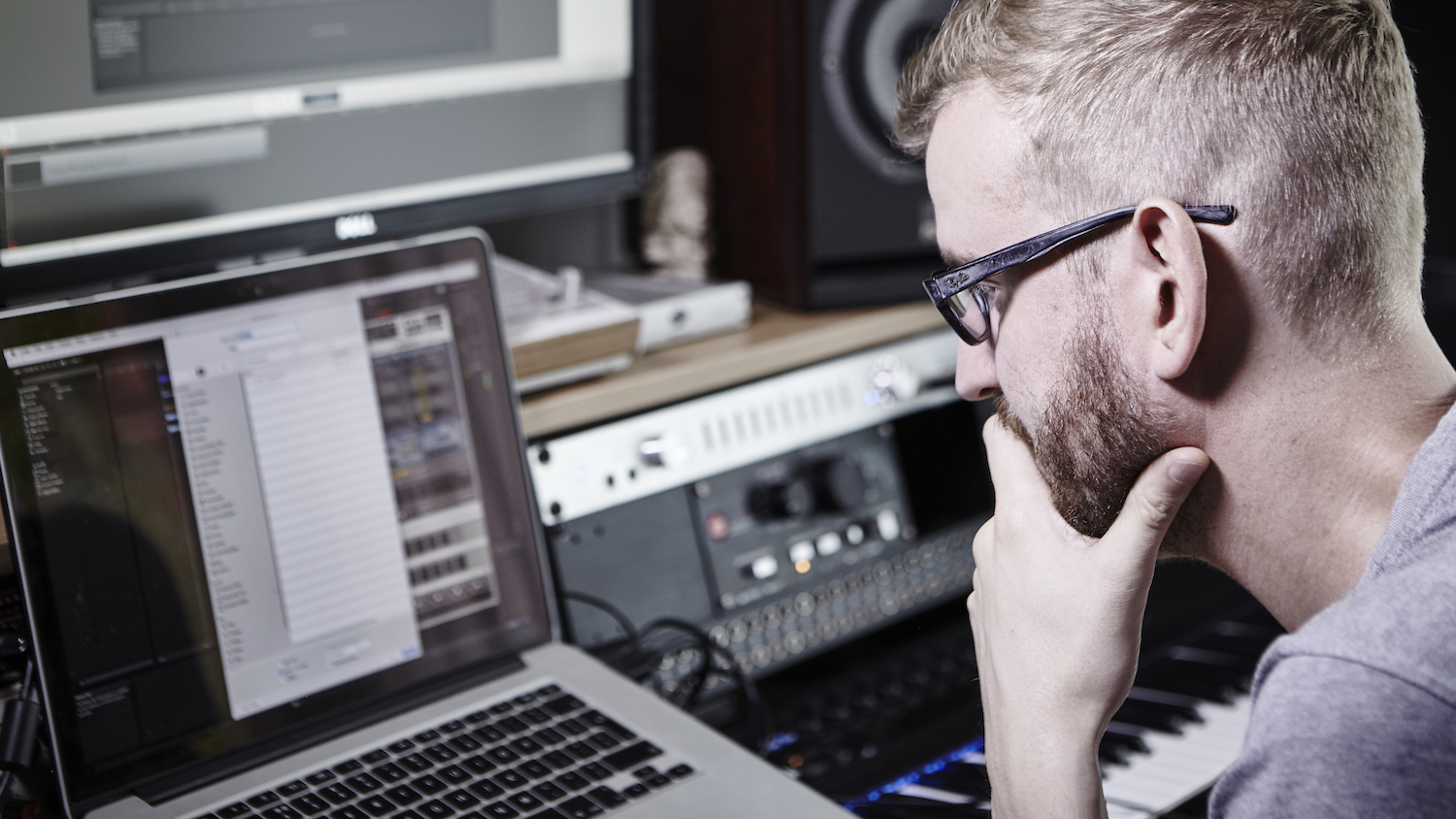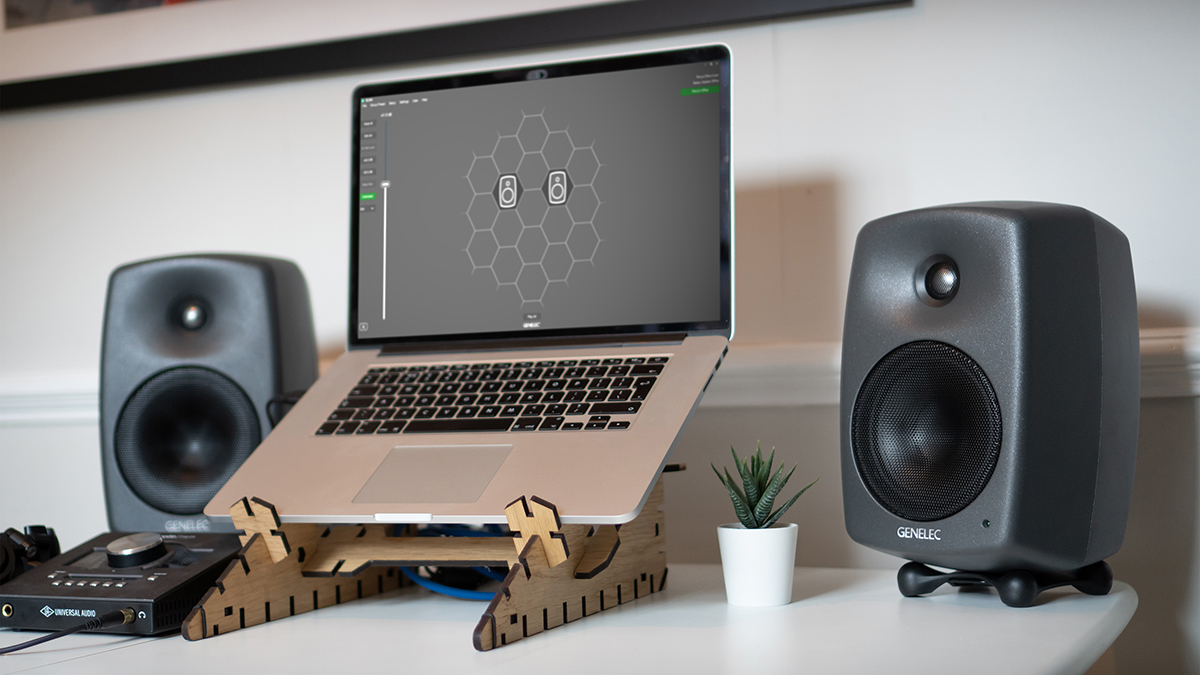10 ways to optimise your laptop for music-making
From decluttering your hard drive to switching off the Wi-Fi, these simple tips will help your music machine run like a dream

Want all the hottest music and gear news, reviews, deals, features and more, direct to your inbox? Sign up here.
You are now subscribed
Your newsletter sign-up was successful
It’s happened to all of us at some point in our production careers. That horrible sinking feeling where your DAW glazes over, unable to cope with the demands of what you’re asking of it. Basic tasks somehow take ages to process. Your audio glitches all over the place and your creativity hits a bottleneck. Finding your computer can’t keep up with your workflow is a serious buzzkill, but you needn’t suffer in silence.
In this guide we’ll show you some quick and easy ways to optimise your laptop for music production so, with a little bit of tinkering, you can make the most of the power you have available to you and concentrate on making great music.
1. Start with a blank canvas
Brand new, straight-out-of-the-box laptops may promise superior power and performance, but they’re likely stuffed full of unnecessary bloatware and applications. Things like weather or gaming apps, or email clients you’ll never use. A clean sweep of this bloatware puts you on the right path to optimisation.
Older machines, on the other hand, have likely accumulated years of files, folders, documents and other detritus. One possible option is to execute a factory reset, and effectively start from scratch. This does give you a blank canvas on which to optimise your machine, but we’d advise you give it serious consideration before committing. Or, at the very least, make sure all your important files are backed up externally (check out our guide to the best external hard drives for options).
2. Ditch unused applications
Downloading applications takes up valuable space on your hard drive, so a spring clean of your apps can free up a fair bit of resource. Spend a bit of time going through the applications list and remove the stuff you know you definitely won’t use. A good rule of thumb is to try and keep at least 20 percent of your hard drive free.
3. Manage drivers and updates
Software updates are a much-maligned fact of modern life and, as much as they have the potential to annoy, they are crucial to keep things optimised. Many applications – along with your operating system – allow for automatic updates however we’d advise against having this function active. We’ve had situations before where we’ve been in the middle of a heavy mixing session and been forced to stop while we waited for the laptop to restart after an automatic update installed. This is particularly frustrating, so making updates happen only when you’re ready is a way of guarding against it.
We’re fans of the way brands like Native Instruments and Toontrack get around this, by having a dedicated licence management application which manages your various software licences. You then simply fire up the licence manager every so often, update the apps you want to update and then carry on knowing you’re not going to be interrupted mid-take.
Want all the hottest music and gear news, reviews, deals, features and more, direct to your inbox? Sign up here.
4. Dive into system settings
The settings buried deep within your operating system offer plenty of opportunities for optimisation. Everything from the system sounds to the visual effects can be changed, altered and amended to reduce their impact on the computer’s performance. It’s also important to keep an eye on which applications or processes are operating in the background at any given time, as well as looking at which apps auto-start when you power up.
5. Assess your power options
Modern laptops contain all manner of settings to allow you to customise the machine’s power and performance metrics. By default, most will offer a balance between performance and energy-saving, although these can be changed. For music production, we’d suggest maxing out the performance bar. This affects things like the display brightness and how long the display remains on before going to sleep. The payoff here is that your laptop will use more power and therefore will deplete your battery quicker, but the benefits make it worthwhile for music production.
6. Have a spring clean
As well as cleaning up and uninstalling unused applications, it pays to spend some time getting your house in order with regards files and folders. Investing in an external SSD, like the excellent Samsung T5 portable SSD, and then exporting all your documents, movies, music and otherwise to the SSD means there is less clogging up your main drive. Windows 10 users should also regularly use the ‘free up disk space’ feature in the system settings. You might be surprised how much space you can reclaim using this.

7. Upgrade your RAM
While laptops are inherently difficult to upgrade, as a result of their construction, some do offer the potential to add extra RAM. Adding in a stick of RAM can have a significant impact on overall performance, particularly when using DAWs, and it’s not the most expensive thing in the world. The Kingston HyperX 16GB pack, for example, will give a major boost to a system currently operating with 8GB.
8. Operationally speaking
While each of the tips listed above are one-off, or at least infrequent, in their nature, the way you use your laptop on a day to day basis can have an impact. If you are like us, then your web browser of choice likely has many tabs open at any one time. While this may not seem a big deal, each of those tabs is using up a portion of your allocated RAM which means your DAW can’t access it. Closing any applications you aren’t using gives your production software priority over your system resources.
9. Monitor your monitoring
With the above changes all carried out, you should take the time to familiarise yourself with your laptops resource monitor. This allows you to see the processes, applications and actions which have the biggest impact on your processing power. You might observe something cropping up, perhaps an old app you haven’t used in years, which is still silently eating up your processing power.
10. Network or not?
Realistically, does your laptop need its internet connection when you’re using it? Sure, there are some services which require an online connection, either initially to authorise a licence or as an always-on requirement, but there’s certainly evidence turning off your connection can have an impact on performance. Even if it just means you stop checking your Facebook and concentrate on producing – it all helps, right?
Chris Corfield is a journalist with over 12 years of experience writing for some of the music world's biggest brands including Orange Amplification, MusicRadar, Guitar World, Total Guitar and Dawsons Music. Chris loves getting nerdy about everything from guitar and bass gear, to synths, microphones, DJ gear and music production hardware.

